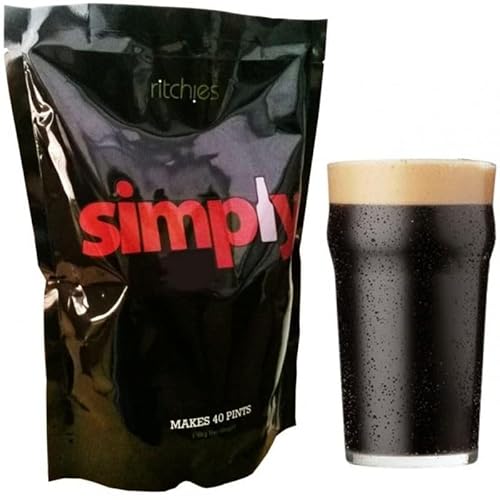Springer
Its a dogs life
- Joined
- Oct 9, 2009
- Messages
- 1,445
- Reaction score
- 0
eskimobob said:I think the point of contention here is that if you mash in a HERMS or RIMS system using the full liquor volume throughout the mash then some would say that you do not need to sparge since the converted sugars will already be suspended in the wort. You simply need to remove the grain and let it drain.
The plot thickens :?
I have never heard it said that whatever fancy system you go for use the full liqour volume throughout the mash. :hmm: :?
I have always worked on grain times two and a half, plus volume under false bottom.
Is this a dimension I have missed. :?
For a 90 litre brew, with my thinking, I won't have enough mash time to to pump it round once. :shock: let alone get to the golden temp or do a stepped mash :?
I do see some logic, a bit radical in thinking as I know it of not needing to sparge. :hmm:
I'm still listening
S
P.S. Where's Aleman.......... :geek:








































